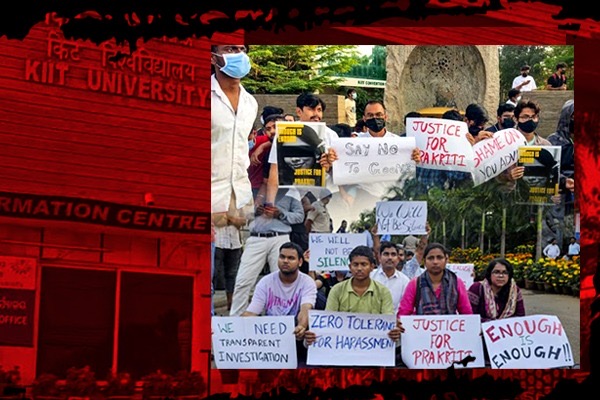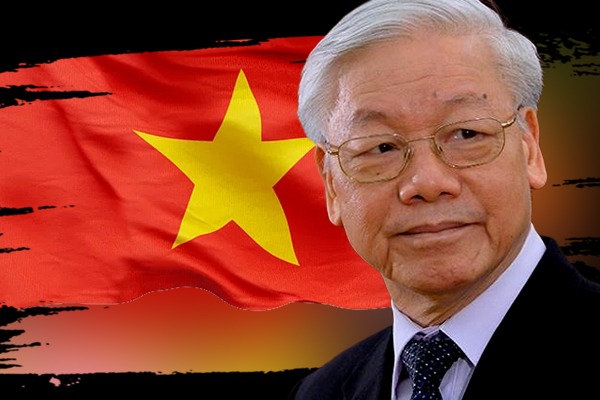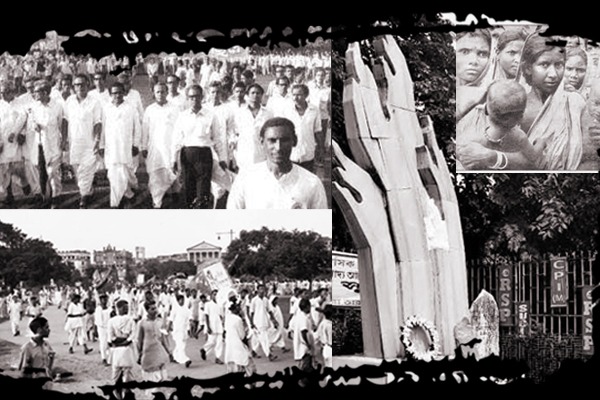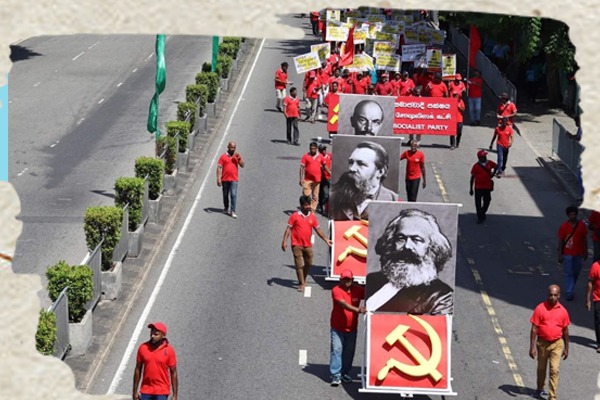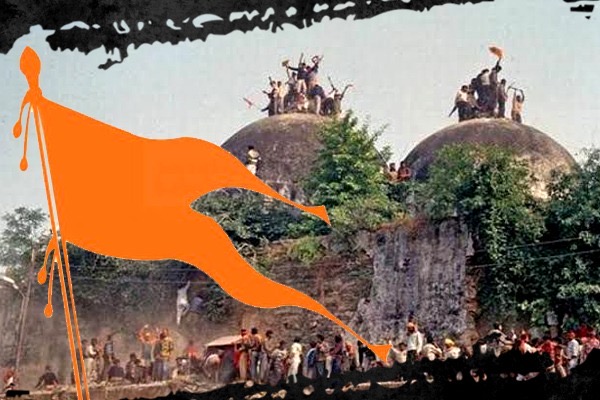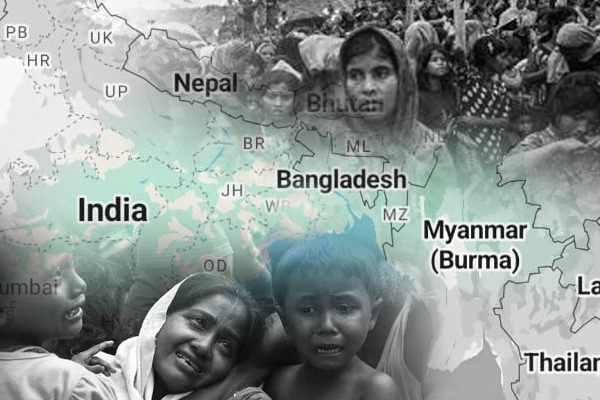The mysterious death of Prakriti Lamsal, a B.Tech student from Nepal at KIIT University, Bhubaneswar, Odisha and the ensuing brutal repression by the university administration on protesting students demanding justice have raised critical questions about the internal democracy of the Indian universities and related relevant issues.
The cultivation of true knowledge never promotes the practice of discrimination or discord within society. Instead, true pursuit of knowledge eliminates all forms of discrimination based on race, religion, caste, color and gender. Instead, it can at least gradually narrow down these disparities and awaken consciousness against the discriminatory and divisive governance of rulers. The concept of a university is that it serves as the universal centre for cultivation of knowledge – knowledge accumulated by mankind itself. Knowledge has no country, language, gender, religion, or race. In other words, if a university genuinely engages in the pursuit of knowledge, its environment should reflect an advanced form of democracy. On the contrary, in recent times, we have seen how the regime’s approach to education has resulted in universities turning into strongholds of undemocratic and reactionary thoughts and activities.
Alongside the overarching plan to deprive students of their right to education, institutional injustice, oppression, and crimes are rampantly increasing. Students who refuse to be part of such institutional corruption and misconduct are becoming the primary victims. Female students are confronted by such attacks in the form of sexual assault. The recent brutality on ‘Abhaya’ at R.G. Kar Medical College, Kolkata has exposed the horrific reality of the campus environment which has for a long time been kept concealed. This form of violence becomes even more intense and acquires serious dimensions in the case of foreign students.
Whereas the concept of knowledge is not affiliated to nationality, it is inappropriate to categorize the students at universities as domestic or foreign. Having a democratic mindset, should we not feel ashamed when foreign students who come to our country to receive an education or are invited through scholarships are subjected to such violence, taking advantage of their unfamiliarity with the new environment and a concerning lack of social support?
The recent mysterious death of Nepali B.Tech student Prakriti Lamsal at the KIIT University campus in Odisha and the university administration’s attitude toward the death have once again raised this question. This question has been reinforced by Prakriti’s classmates who have demanded an investigation into the incident.
Instead of going into a dialogue with the protestors, the authority has instead chosen to endorse horrific terror. After deactivating the hostel’s CCTV cameras, Nepali students were singled out and not only verbally abused based on their foreign identity, but bouncers were deployed to brutally suppress them. Protesters were dragged out of campus, forcibly put onto the university’s buses, and abandoned at Cuttack railway station.
This incident is not an isolated one – there have been numerous such incidents in recent years.
On May 15, 2023, a Bangladeshi student filed a complaint with the West Bengal Women’s Commission against a professor of Kazi Nazrul University for rape and death threats. This is not merely an incident, but reflects upon the entirety of our current situation. There are countless such documented incidents. There are numerous such undocumented incidents.
Female students and women are facing sexual harassment both on and off campus. All of this is an inevitable consequence of the deterioration of democracy within campuses and in the broader social domain. Without the practice of essential democratic structures and values, human relationships on mutual dignity cannot be developed socially. Therefore, if students are deprived of their right to organise and unite democratically, it will inevitably result in such incidents. A few examples are sufficient to illustrate the grim picture of the undemocratic nature prevailing in the campuses.
The government and authorities encourage all sorts of alienation, division and disunity among students to smoothen its educational policies of privatisation, commercialisation, communalisation. It seeks to strip away the rights of elected student unions. Whatever rights of the students remain, authority prepares a ground for the pro-ruling student body to choke the democratic voice of the students.
In November 2022, in South Asian University, Delhi a student protest had been organised demanding an increase in fellowship. The authority retorted to police actions and what followed was the expulsion of 5 students including one from Bangladesh. In March 2020, a Polish masters student at Jadavpur University, a Bangladeshi first-year undergraduate student at Viswabharati University, and a German student at IIT Madras were asked to leave citing their participation in anti-CAA protests.
Even the personal rights of foreign students are being violated to instill fear and intimidation. In March 2024, Goons raising slogans of communal ‘Hindutwa’ politics barged into hostels in Gujarat University, Ahmedabad and attacked foreign students from south and central Asia while they were offering Ramadan prayers. It traumatized the foreign students of other religious faiths.
Hence the struggle to prevent such occurrences on and off campuses is linked to the struggle against the government’s policy of turning education into a business and turning Indian businessmen the “superpower in the global education market.” The struggle against the violence also becomes inseparable with the struggle against the infiltration of blindness and fanaticism into the essence of education, which fuels fascist tendencies.
We must pressurise the Government of India to ensure the protection of the rights of foreign students. Their insecurity in India threatens the safety of Indian students in foreign countries too.
Recently In response to the tragic incident, the Odisha state government has formed a High-Level Committee, founder of KIIT Achyuta Samanta has been summoned by the authorities. State Higher Education Minister Suryabanshi Suraj stated that the law will take its course and those found guilty will be punished. Chief Minister Mohan Manjhi has assured justice to the victim and has appealed Nepali students to come back to the campus and resume their studies.
It is to be noted that Nepal Prime Minister KP Sharma Oli has already made necessary interventions which is expected to pressurise Delhi in the fragile diplomatic relations between the two neighbours.
The well minded democratic people, particularly the student community, must raise their voice: JUSTICE FOR PRAKRITI LAMSAL. To intensify our voice in demand of an immediate independent high-level investigation into the suspicious death of Prakriti, in demand of strict action against the culprits involved in the death and those involved in attacking the protesting students; in demand of ensuring safety and a democratic environment for the students is not only our moral obligation to justice for Pakriti but the sole alternative to the tyrannical system as a whole.

